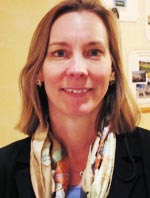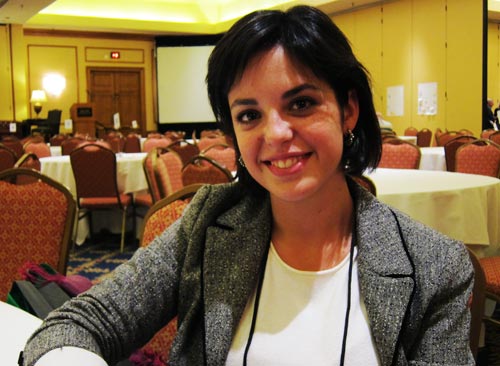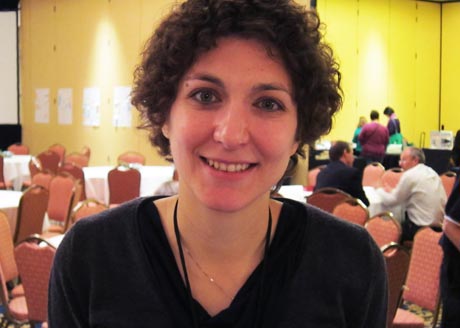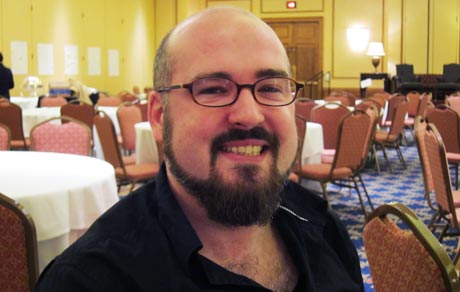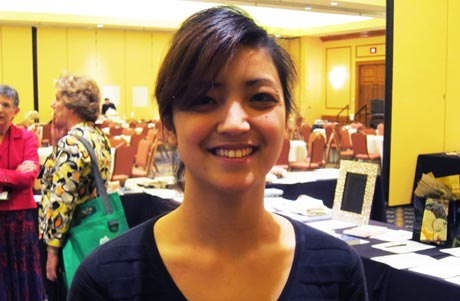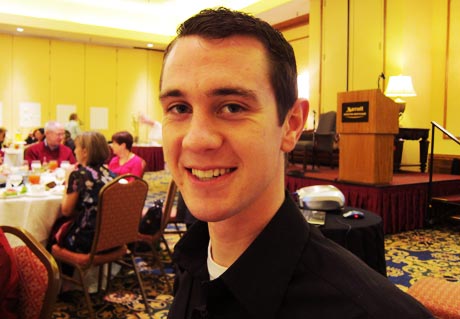Olympic contenders Allison, Cathy and Chris Reed are all siblings — but they are competing for two different countries. The Reed children were born in Kalamazoo, Michigan, to a Japanese mother and a Nebraskan father. They all have dual-citizenships: United States and Japan. None of them are competing for the U.S. Olympic team. Allison, 15, found an ice dancing partner in Otar Japaridze, 22, a Georgian athlete. For them to compete, the Georgian government quickly ushered her citizenship application through. This February, she marched as a Georgian athlete in the Olympic Opening Ceremonies. She has never been to Georgia. For Allison’s siblings Cathy, 22, and Chris, 20, qualifying for the U.S. Olympic Team for ice dancing would’ve been very difficult. Instead, the two nabbed a spot on the Japanese Olympic team. According the New York Times, the siblings speak little Japanese, and their mother translates conversations between them and the Japanese skating federation. Making citizenship “work for you” is not uncommon in sports. I’ve seen Singapore poach athletes from other countries to have them win …

